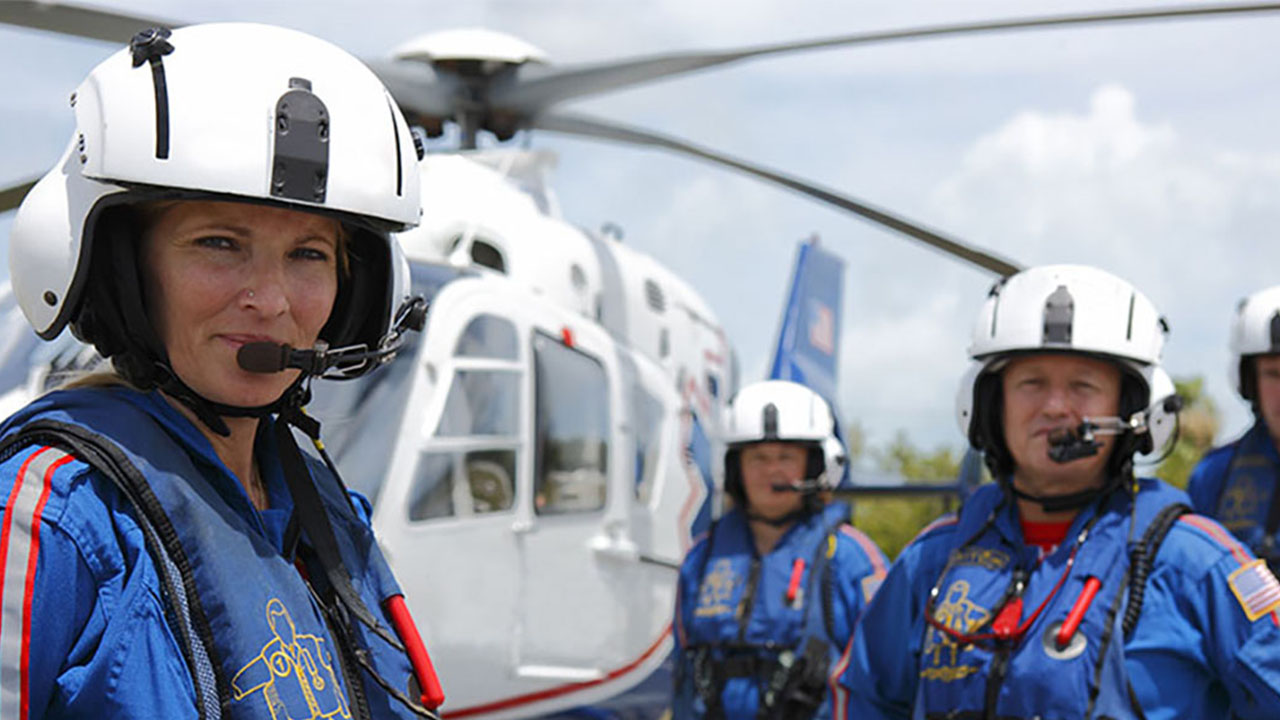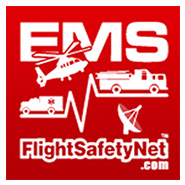Every service has one or will get one soon.
Anyone want to venture a guess?
If you’re thinking Dalmatian puppy or poster of Paramedic Johnny Gage,* your sentiment is appreciated.
The answer, however, is a new employee.
Newbie, rookie, novice or greenhorn – pick a synonym.
We all held the title once. Every seasoned pilot, fire chief, nurse and dispatcher started as a trainee of some sort.
So can a new kid really make your flight program or fire station safer?
Yes, absolutely.
The hidden value of new
The key to improving safety is seeing the value in new kids and knowing when and how to use it. Experience teaches us to find value in unlikely places. A new kid is in many ways an unlikely place to look.
Nobody thinks new gals make programs safer; so new gals usually never do. The perception becomes a self-fulfilling prophecy. Do not fall into this trap. Do not let your organization fall into this trap. You will miss an awesome opportunity.
What exactly makes newbies so valuable?
Believe it or not, the value of a novice is hidden in their lack of experience. Let me say that again. The value is their lack of experience.
Think about it. Rookies are the only members of your team completely free of complacency. A classic example of not knowing what can hurt them. It is this exact “I don’t know because I’ve never done it” perspective that can make your program safer.
Rookies spend days, weeks or months learning every aspect of operations. Their only goals are learning and conformity. More than anything, they want into your club. Your program or station is likely their dream job or a stepping stone to it.
Do not miss this opportunity. At the moment training is complete, nobody knows more, or is willing to help more than a newbie. Where else can you find a completely objective and bias free evaluation of your program? If you’re thinking only by hiring a consultant, you’re probably right. But before you spend money on an outside evaluation, tap into your new employee pool.
New kids are like, well, kids. They tell truth exactly as it happens. No political correctness. No fear of hurting feelings or stepping on toes. Just a summary of fact exactly as it happened. How cool is that for improving safety of operations?
If you’re a naysayer, the next paragraph is for you
Your program may have a “Crusty” employee or two who know more specifics about a job than a rookie can learn in training.
When it comes to improving safety of operations; however, choosing motivated, bias free and objective greenhorns before Crusty is an easy decision.
Are you starting to see the potential value of trainees? We hope so, because it is real. It can make your program, station or service a lot safer.
Treat newbies like sunflower seeds
For those of you thinking “chew them up and spit them into a cup,” shame on you. This is not our recommendation for anyone in the Flight Safety Network.
All seeds require nurturing. It is not enough to just drop a seed, forget about it and expect it to magically grow into a sunflower. Great results require time and effort.
Plant seeds in fertile ground, water the seed and monitor the growth. Realize not all seeds respond the same. Small changes make big results. How do you know when to make changes? Well, you can only know by getting to know your seed and observing it over time.
As seeds sprout into plants, experts recommend talking aloud to the plant often.
So it is with newbies.
Get some culture
How much do you know about museums in Kuala Lumpur or mating rituals of the wee wok tribe of New Guinea? Please do not answer. We truly do not care.
We mean a different type of culture; organizational culture.
We mean the atmosphere at your fire department, flight program or dispatch center. How employees share ideas and experiences is important. Is there a system in place for employees to voice concerns? Do people use it or is it just eyewash?
Your program or station can only benefit from a newbie message if it can understand and receive the message. Your culture needs to support open communications and trust.
Don’t panic if your program is still finding and developing its culture. There are easy steps the organization can follow to develop the culture. There are also easy steps you can follow to assist.
Both are subjects of future articles.
For now, maybe just look at new kids a little differently. They can teach you a lot if you let them.
Clear skies and tailwinds,
Fly-write
*Johnny Gage is a character in the television series (1972-1979) “Emergency”.


